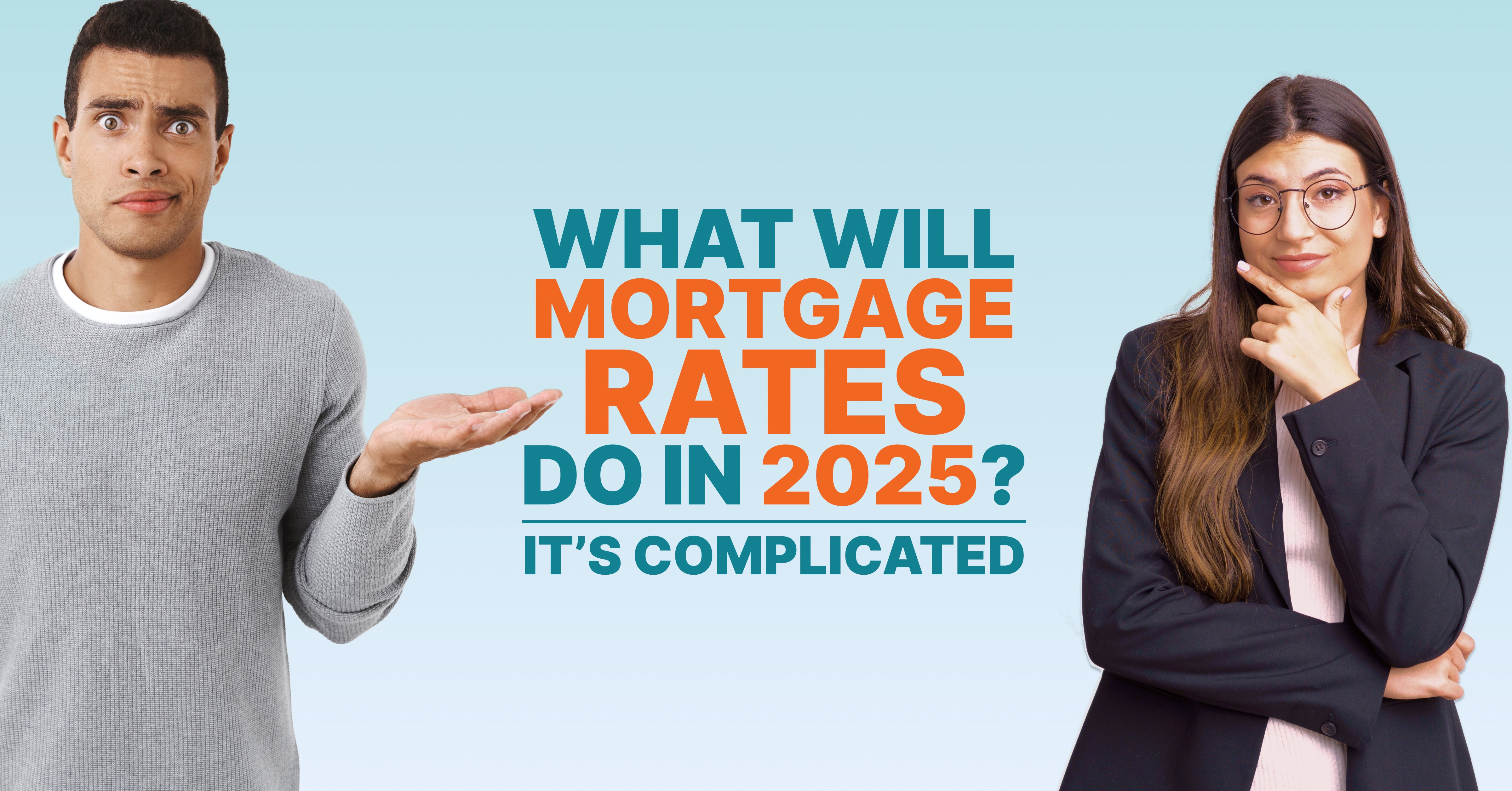Disclaimer: PropStream does not offer investing advice and/or profit promises. This article is for educational purposes only. We recommend doing your due diligence and/or consulting financial professionals before investing in Kansas City real estate.
|
Key Takeaways:
|
Kansas City straddles the border between Missouri and Kansas and had a 2023 metro population of over 2.2 million, making it the fifth-most populous metro in the Midwest.
It was also recently named the hottest U.S. housing market (tied with Austin, TX) due to positive trends across housing demand, supply, and affordability.
If you’re a real estate professional looking for a new market, you may want to consider Kansas City. Below are five notable market trends the city has going for it.
Table of Contents |
1. Home Sales Picking Up
Like most of the U.S., Kansas City saw home sales activity drop after mortgage rates spiked in 2022-2023. Homebuyers simply couldn’t afford the same size mortgages as they could back in 2020-2021 when rates were at historic 2-3% lows.
However, home sales have since increased. In October, closed sales were up 7% from last year at 3.1 million and pending sales were up 17.5% at 3.2 million. Meanwhile, in 2024, annual home sales are expected to end only slightly down from 2023 (-3.4%) and rebound in 2025 (+4.4%).
2. Single-Family Construction On the Rise
After two straight years of declines, single-family construction starts in Kansas City are on the rise. They’re expected to end 2024 up 3.2% from last year at 4.4 million and then level off in 2025, ending the year up 0.7% at 4.5 million.
This comes at a time when housing inventory nationwide has been tight—partly due to a mortgage lock-in effect among current homeowners and partly due to a construction lag that started fifteen years ago. The fallout from the 2008 housing crisis and high construction and financing costs have led to an undersupply of new constructions.
3. Home Appreciation Rate Cooling Down
With more inventory coming online, Kansas City’s home appreciation rate has fallen from double-digit highs in 2021-2022 to 7.4% in 2023 and an expected 6.0% in 2024 and 5.6% in 2025. Furthermore, the city’s median home listing price in October fell 8.6% year-over-year to $377,000.
While U.S. home values generally rise over the long term, the current market correction could help relieve some first-time homebuyers and those seeking affordable housing.
4. Many Homebuyers Still On the Fence
While Kansas City home prices have moderated, many potential homebuyers still haven’t entered the market due to limited inventory and relatively high mortgage rates.
As a result, the average number of days a property sat on the market in October increased 5.4% year-over-year to 39. Similarly, months of supply (the time it would take to sell all listed properties at the current sales rate) grew by 8.7% to 2.5 (though that’s still well below the 5-6 months considered to be a balanced market).
5. On Average, Homes Sell Below Asking Price
.png?width=1252&height=834&name=below%20asking%20price%20(1).png)
Though technically still a seller’s market, Kansas City is seeing sellers compromise on purchase prices. In October, home sales received an average of 97.2% of the asking price, which represents a 0.6% drop from last year.
Again, this could be beneficial to many homebuyers. Any price relief helps when home values and mortgage rates have risen so rapidly in recent years.
What Do These Trends Mean for Real Estate Professionals?
Now that you better understand current Kansas City housing market trends consider the potential implications for various real estate professionals:
| Investors | Agents | Mortgage Pros | |
| 1. Home Sales Picking Up | Larger buyer pool to sell investment properties to | Find more clients to represent in home sales | Originate more mortgages for homebuyers |
| 2. Single-Family Construction On the Rise | Opportunities to invest in new developments | Educate clients on the option of buying a new construction home | Educate clients on the option of buying a new construction home |
| 3. Home Appreciation Rate Cooling Down | Lower barrier to entry for buying investment property | Help clients buy homes before appreciation rates take off again | Educate clients on the benefits of locking in a good purchase price |
| 4. Many Homebuyers Still On the Fence | Less buyer competition when buying investment property | Share attractive deals with clients who are on the fence | Offer special discounts to attract more clients on the fence |
| 5. On Average, Homes Sell Below Asking Price | Buy investment properties at a discount | Negotiate attractive home purchase prices for clients | Encourage clients to put savings toward larger down payments |
Use PropStream to Find Your Next Kansas City Property Lead
Whether you’re a beginner or a seasoned pro, there’s a simple way to take your real estate business to the next level. PropStream It!
Our database of over 160 million property records nationwide and 165+ search filters makes it easy to find and narrow Kansas City real estate leads. You can even choose between 20 different Lead Lists to help you find motivated sellers.
With new PropStream Intelligence data, analyze the property condition, foreclosure factor, and estimated wholesale value at a glance with the help of AI (for properties with this information available.
Try PropStream for 7 Days Free
Sign up for a free 7-day trial today and get 50 leads on us!
Frequently Asked Questions (FAQs)
Why was Kansas City a hot housing market in 2024?
Kansas City increased home sales activity due to growing single-family construction and relatively moderate home prices compared to other U.S. metros.
Will Kansas City home prices rise or fall in the near future?
It’s impossible to say with certainty. However, home appreciation rates are cooling, with moderate price increases expected over the next two years.
Is Kansas City a good market for real estate agents?
It can be. It’s one of the largest cities in the Midwest, with stable housing demand and opportunities for clients to buy below asking price.
What’s the biggest mistake real estate professionals new to Kansas City make?
Some of the biggest mistakes real estate professionals new to Kansas City make include neglecting market research, failing to network, and rushing due diligence.
How long does it take to sell a house in Kansas City?
As of October 2024, it takes an average of 39 days to sell a house in Kansas City. That’s up 5.4% from last year.
How can PropStream help me find property leads in Kansas City?
PropStream offers a vast amount of Kansas City real estate data that you can use to find off-market properties, motivated sellers, and more.
Subscribe to PropStream's Newsletter
Note on sources:
- Kansas City housing market data taken from the Kansas City Regional Association of Realtors and the Wichita State University (WSU) Center for Real Estate (unless otherwise cited)



